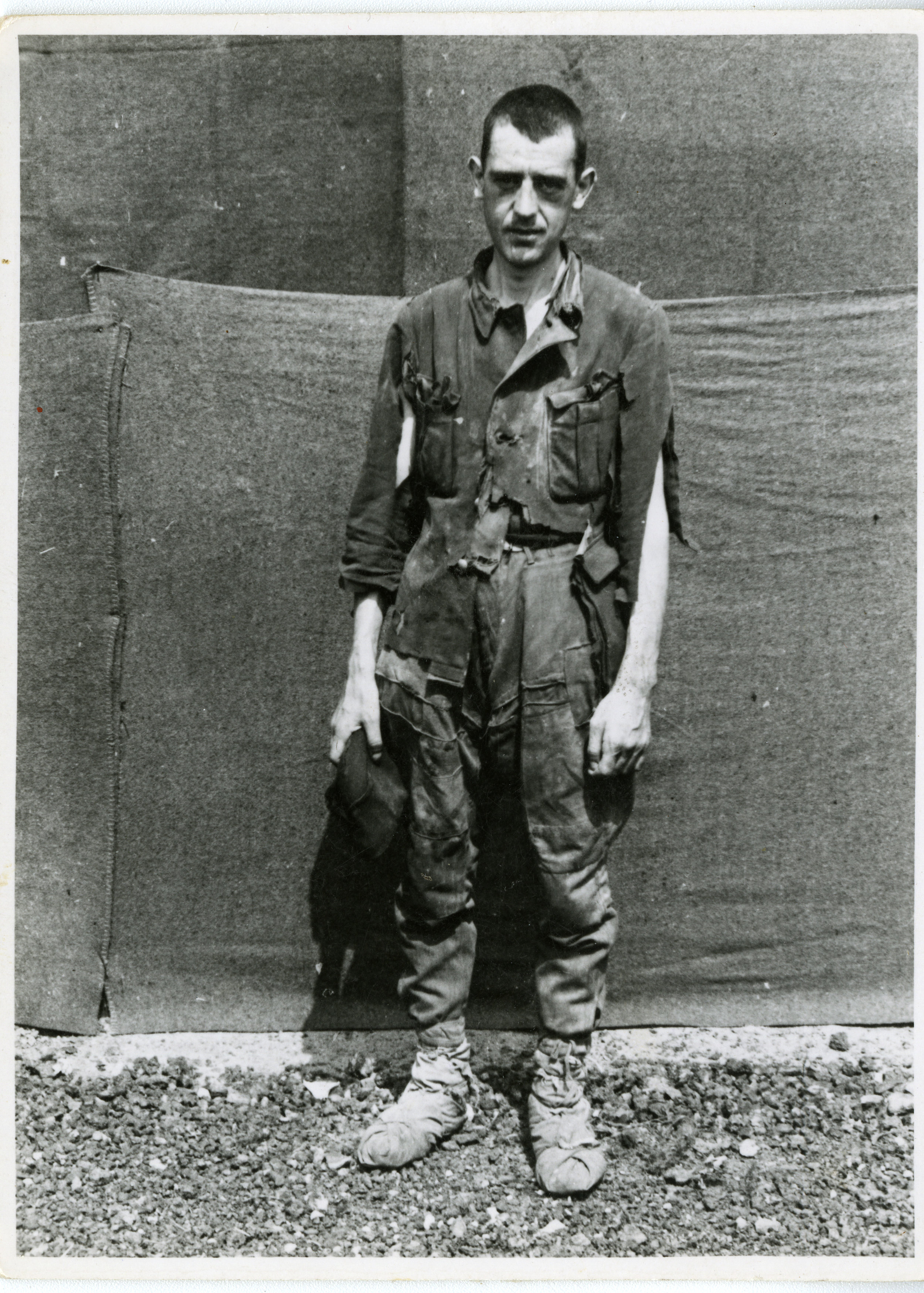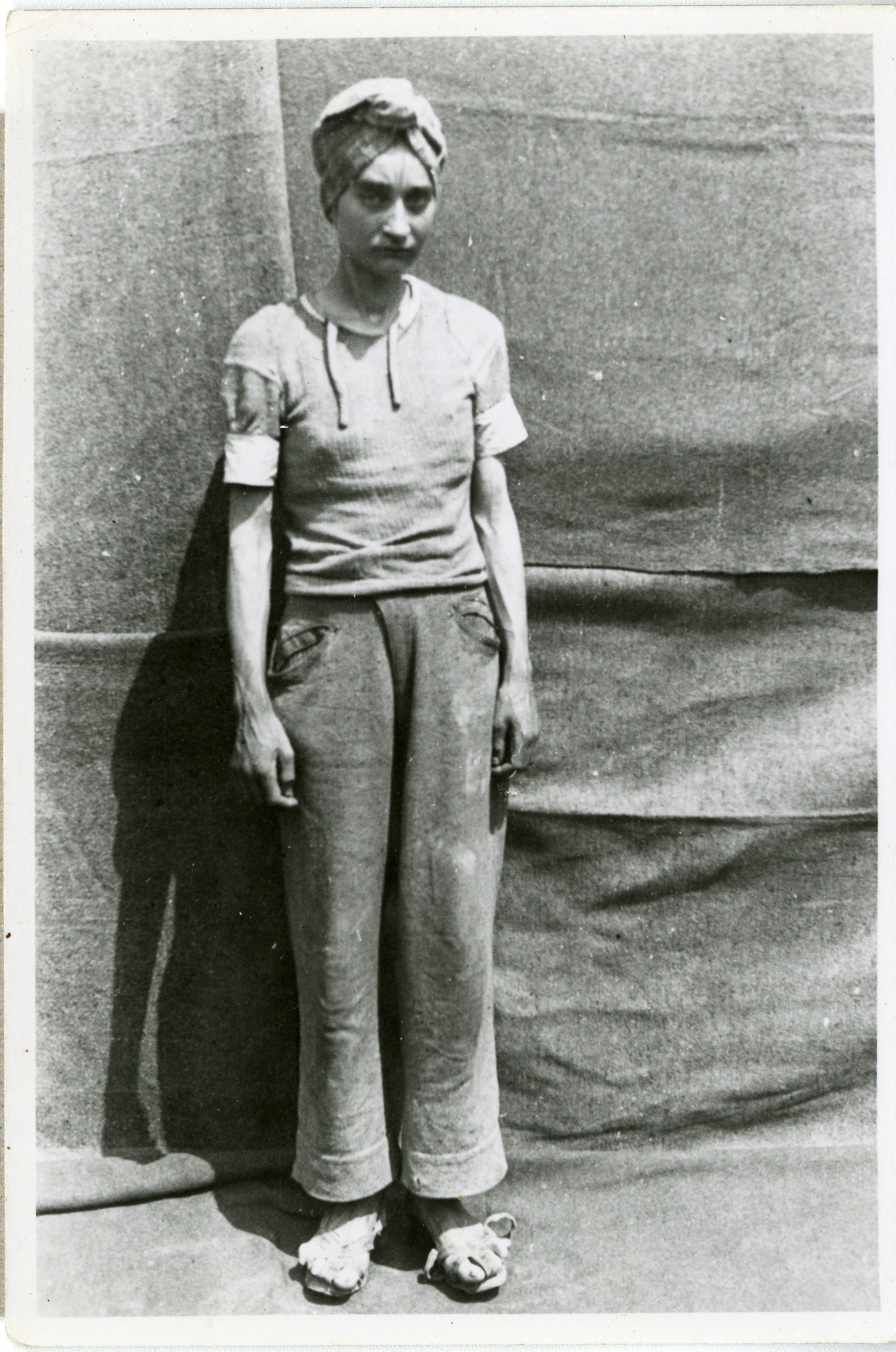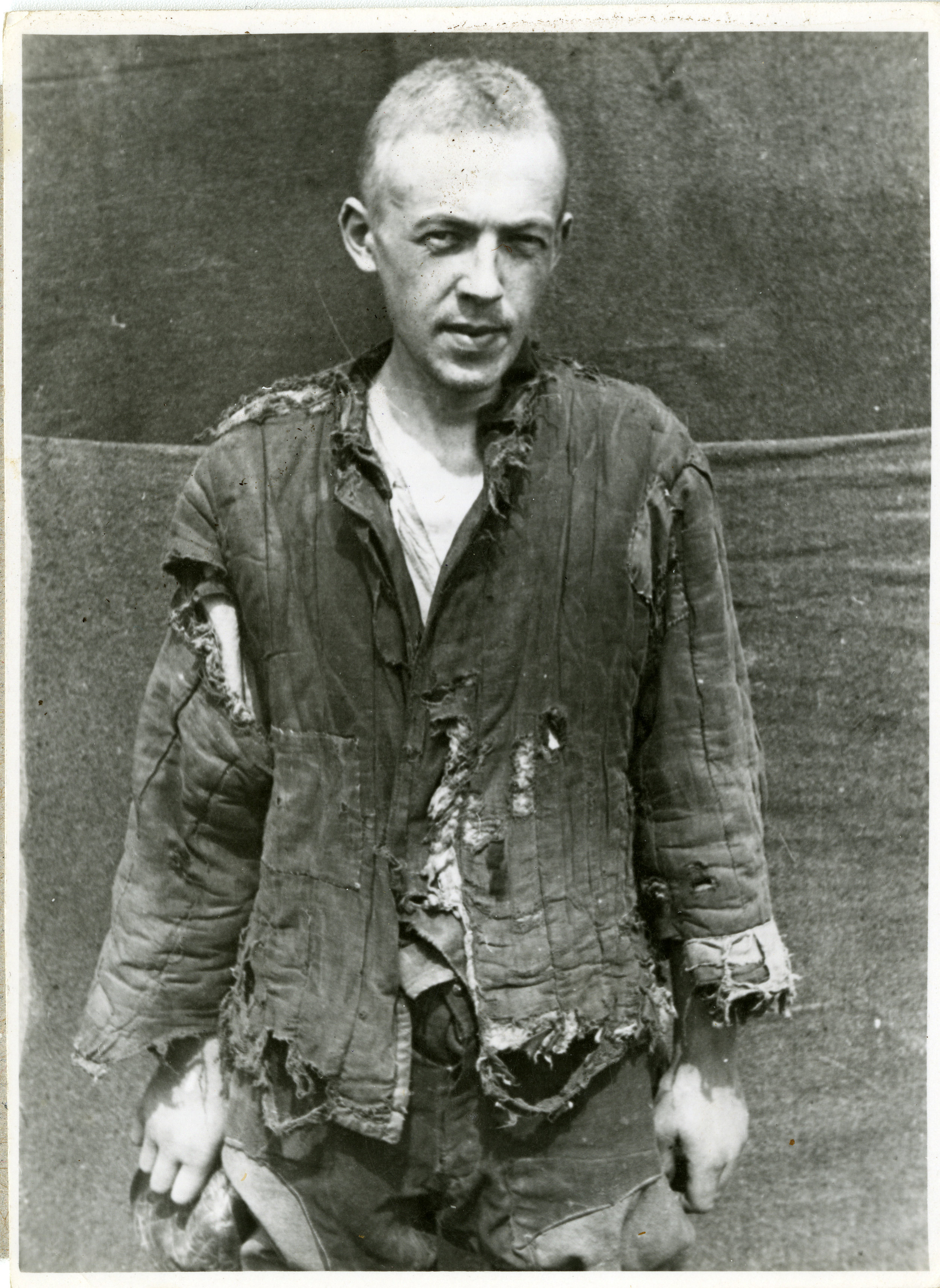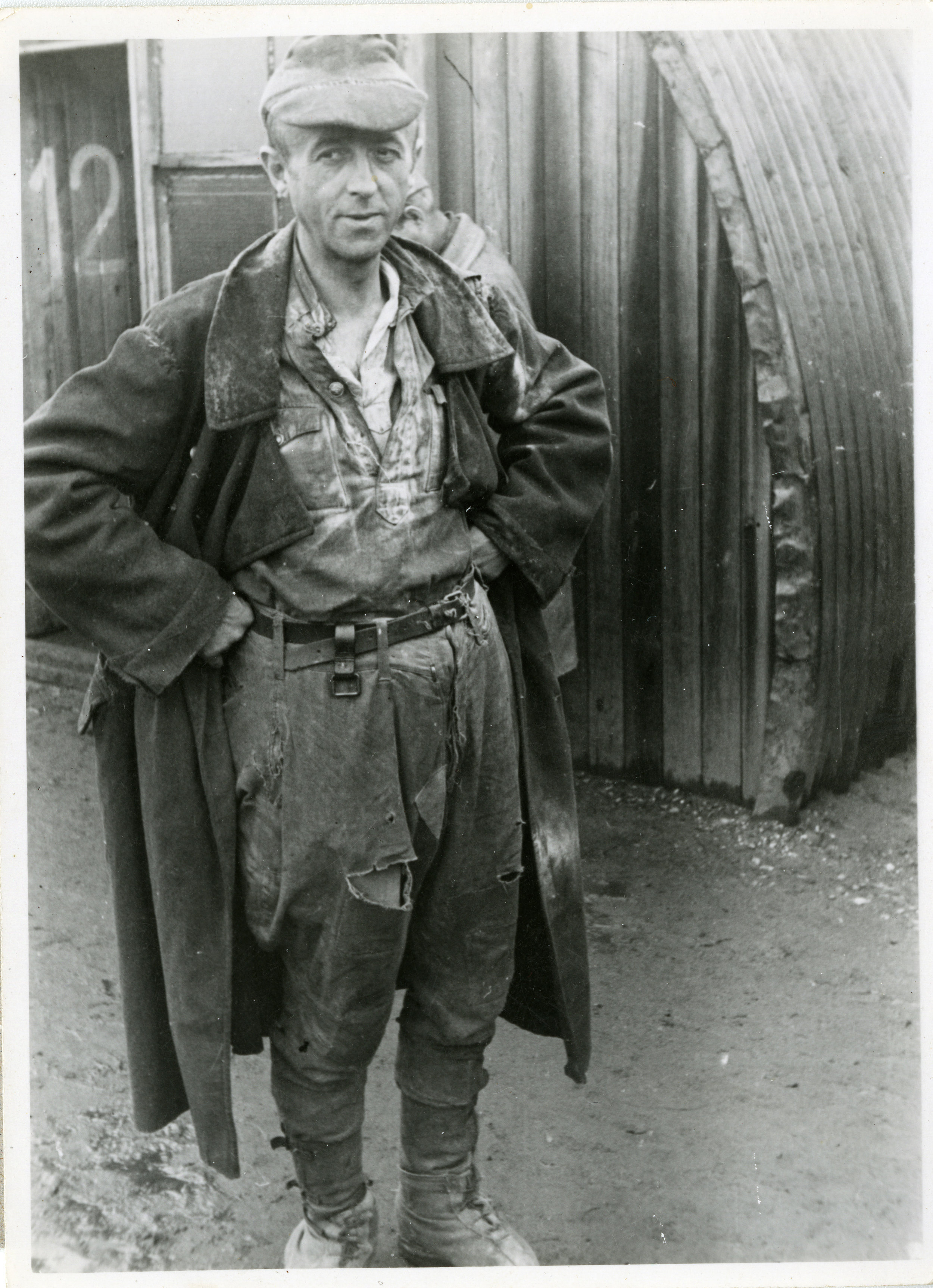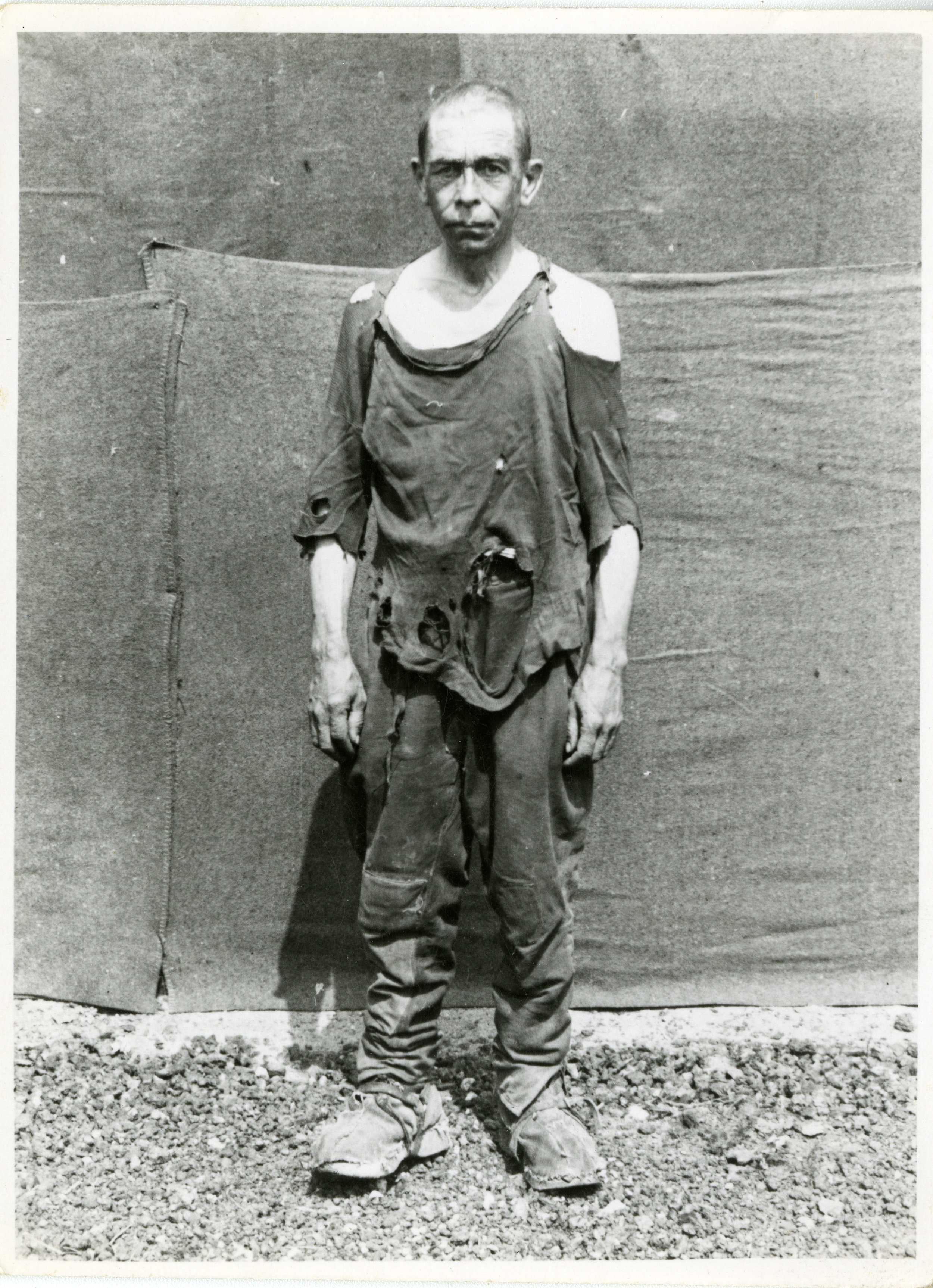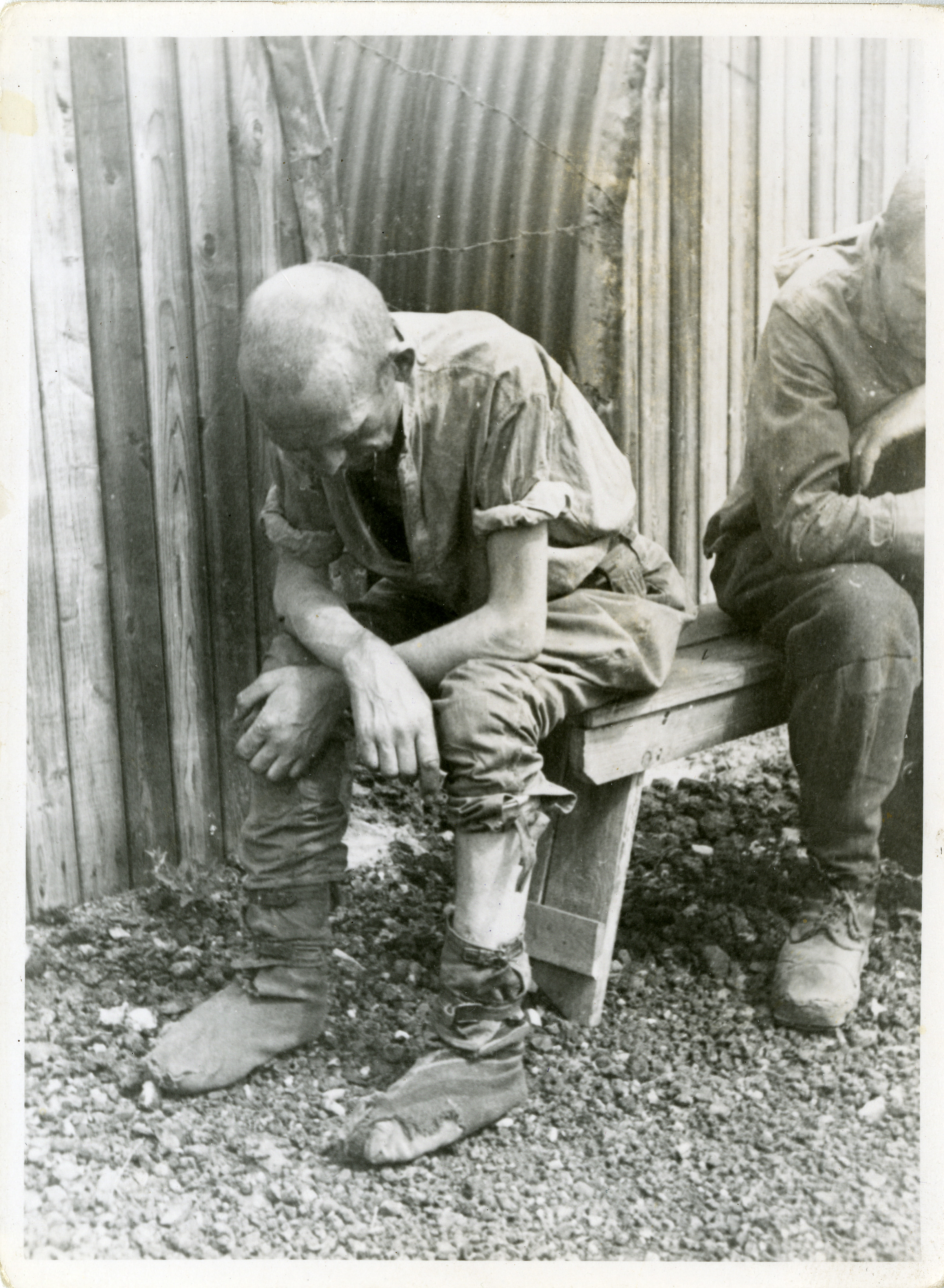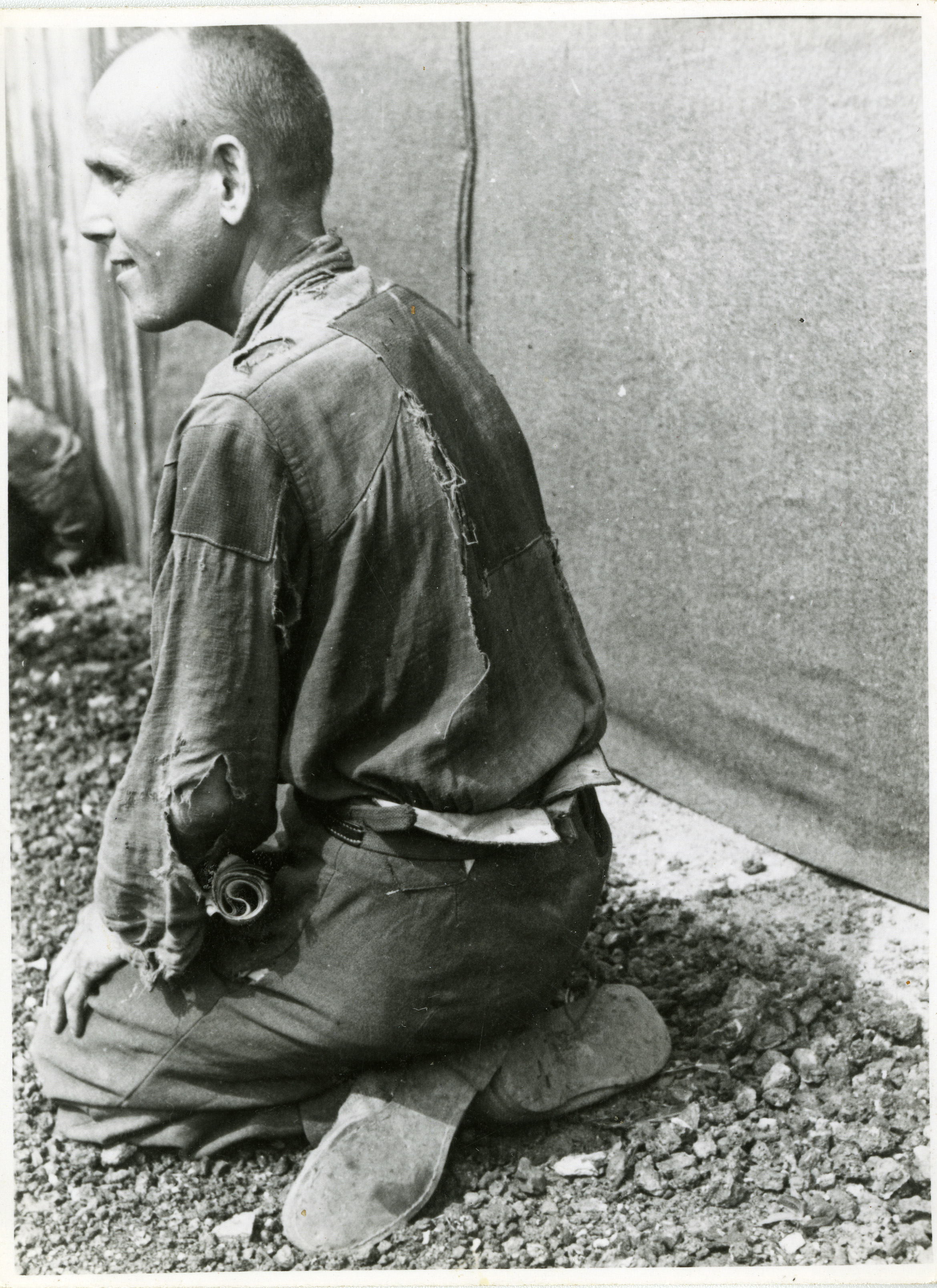The prisoners of war
"...den, som lever på krigets mark, lever aldrig säker."
Gösta Lundin vid sin vitmålade Cadillac i Tyskland.
Gösta Wilhelm Lundin (1897-1965) was a Swedish school leader. Gösta became a Bachelor of Theology at Lund University in 1928 and was a teacher at Osby Upper Secondary School from the beginning of the 1920s and later also became its head teacher 1955-1965. During the years at the end and after the war, Gösta then participated in a number of significant efforts for prisoners of war in Germany.
During the years 1944-1947, Gösta was on leave for the assignment of director of the YMCA’s worldwide affiliates’ War prisoners aid in Germany - Kriegsgefangenenhilfe des Weltbundes der Y.M.C.A. YMCA stands for Young Men’s Christian Association. The association was formed in London in 1844.
Gösta’s humanitarian efforts for Allied prisoners of war in war-ravaged Germany at the end of the war came to play a decisive role. Amongst other things, Gösta handled the contacts with the Oberkommando der Wehrmacht prisoner of war office in Torgau. After the war, the initiative exclusively dealt with assistance for German prisoners of war.
Gösta Lundin met Folke Bernadotte in the role of director of the Swedish War prisoners aid and, on 25 May 1945, Folke wrote a letter as vice-chairman of the Swedish Red Cross:
“During my recent work in Germany for people of different nations who had been interned in concentration camps, I was in close contact with the director of War prisoners aid of Y M C A in Germany Mr Gösta Lundin. Mr Lundin is now continuing his work in Germany.
I would very much appreciate all help that the Allied authorities could give Mr Lundin in his work which is of great importance for the prisoners of war of all nations. The cooperation that I had with Mr Lundin gives me the right to say that he has done and is going to do a splendid work.”
After Folke Bernadotte’s death in 1948, Gösta Lundin writes the draft of a memorial speech on Folke Bernadotte. Below is an excerpt.
“We had found it quite appropriate that He, the Swede with his heart in the right place, had undertaken the difficult task of UN mediator in the Palestinian issue. It was with a sense of pride we thought of it as one of our own who was bestowed with this extraordinary confidence. But it is likely that not many thought of the enormous risks associated with it. When the news of the murder first reached us, we would hardly believe it was true.”
“Count Bernadotte himself knew better what the matter involved. He had participated in many dangerous situations during the war, especially in connection with his visits in the final phase of the war in Germany. And he knew that someone living on the shadow of war never lives safely. You must be prepared for everything, even for what people generally consider to be the worst that can happen, a sudden death without any chance to escape.”
“However grim and tragic a toll Count Bernadotte’s death takes on us, and in reality also especially for those closest to him, a shimmer of light rests over the death of the Swedish nobleman. His life had increasingly become a struggle for Christian humanity and idealism, and he died during the fulfilment of the high purposes for which he had dedicated the most powerful and richest years of his life.”
“The person writing these lines came to meet with Count Bernadotte on German soil on several occasions during the final phase of the war as well as the first two years after the occupation. There were also various issues that should be discussed in connection with the international and Swedish relief work down there. I got to know both the person and the man Folke Bernadotte. He was a knight, with or without the Count title.”
Gösta Lundin and Folke Bernadotte – near enough the same age – united in their struggle for Christian humanity and decisive humanitarian efforts.
Read more about Gösta Lundin and U.M.C.A Swedish War prisoners aid at the Swedish Peace Archive (in Swedish).


